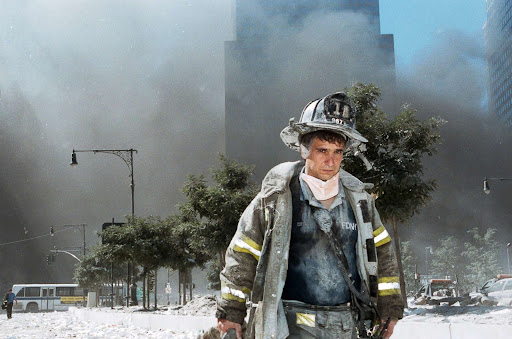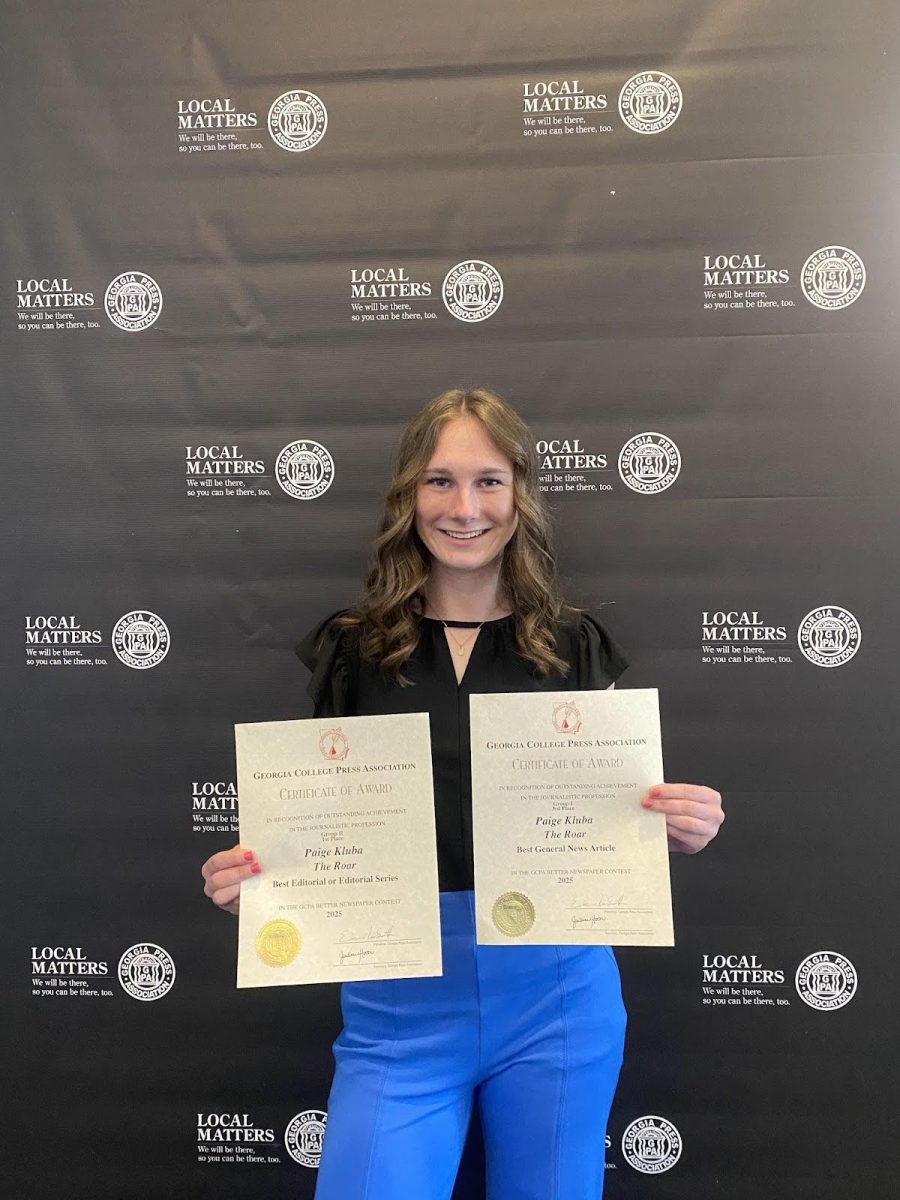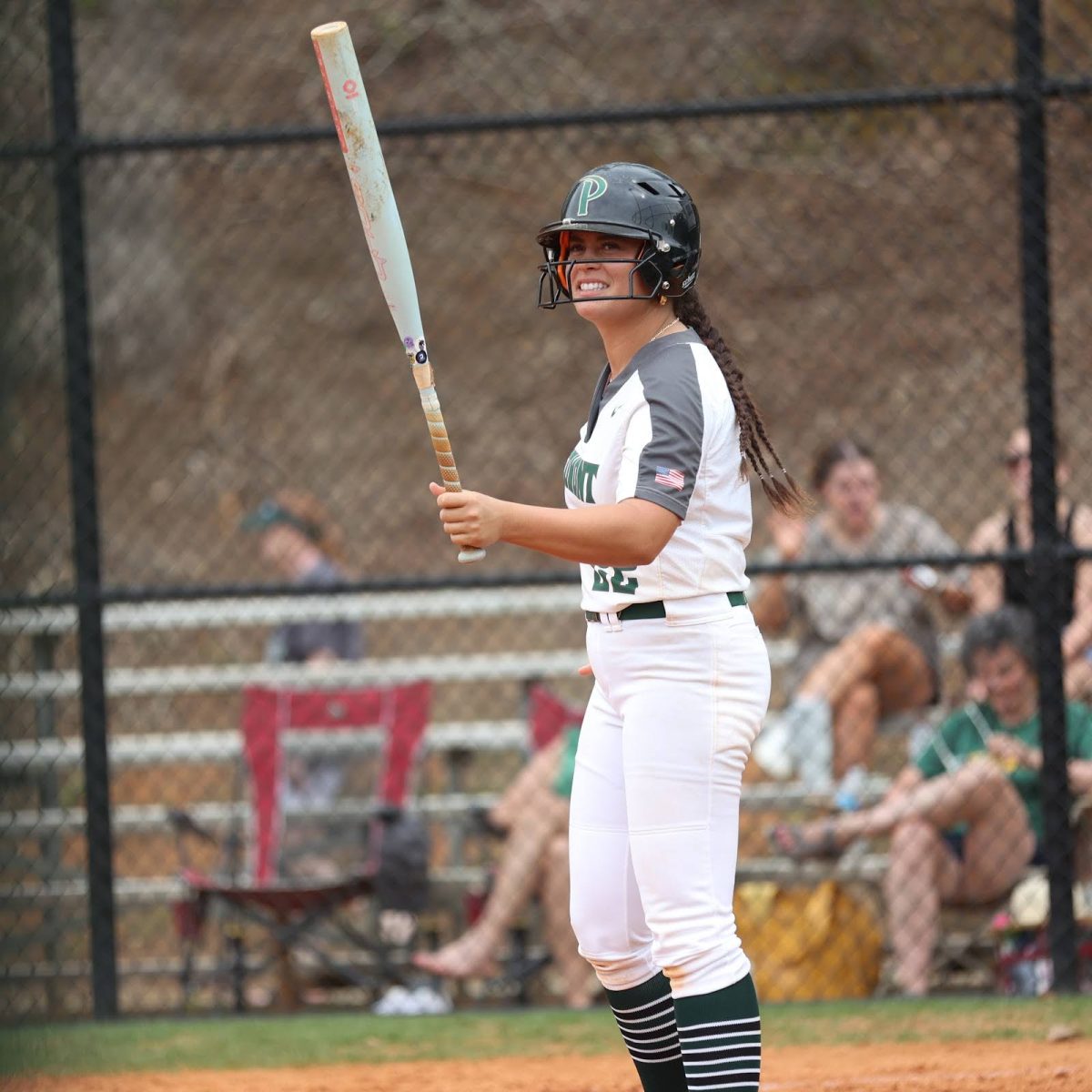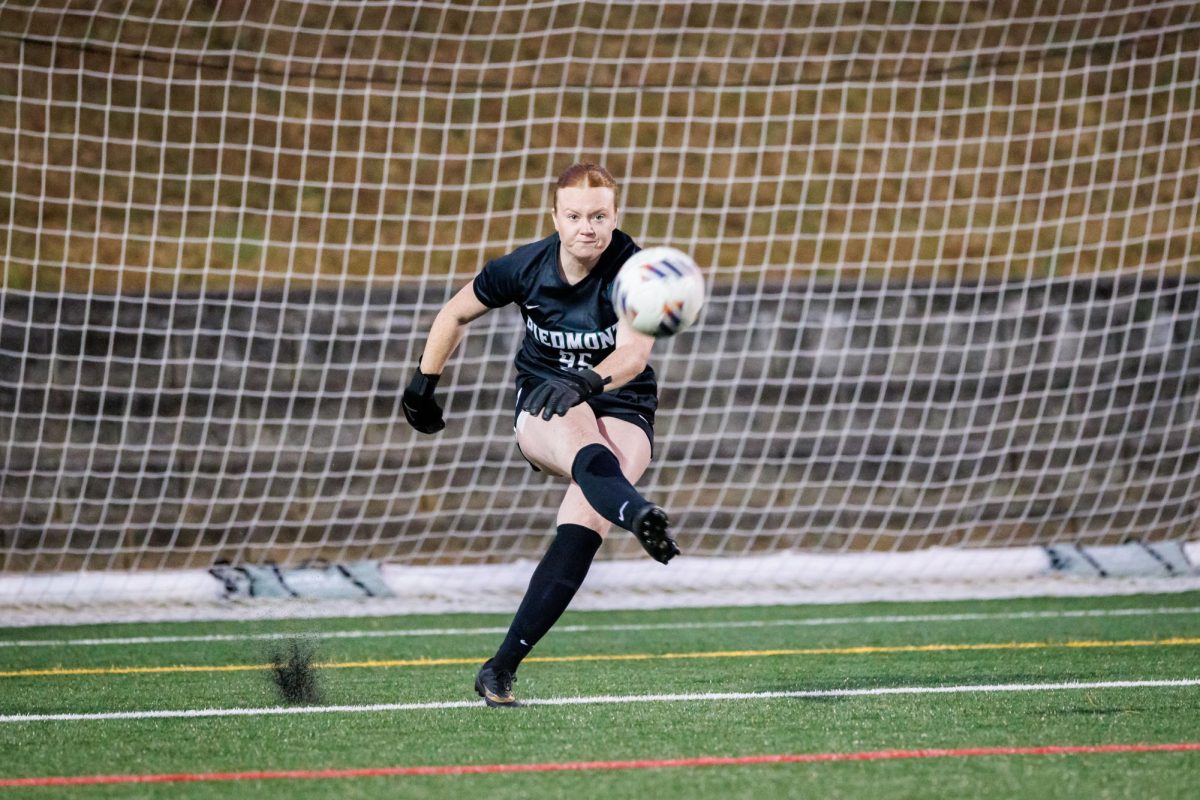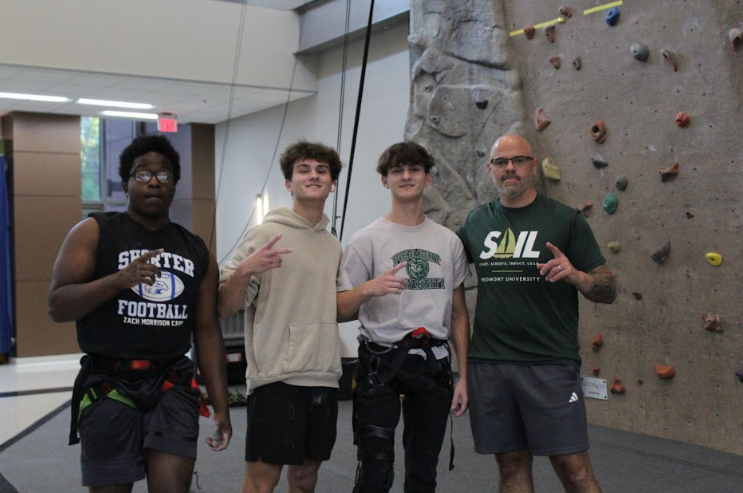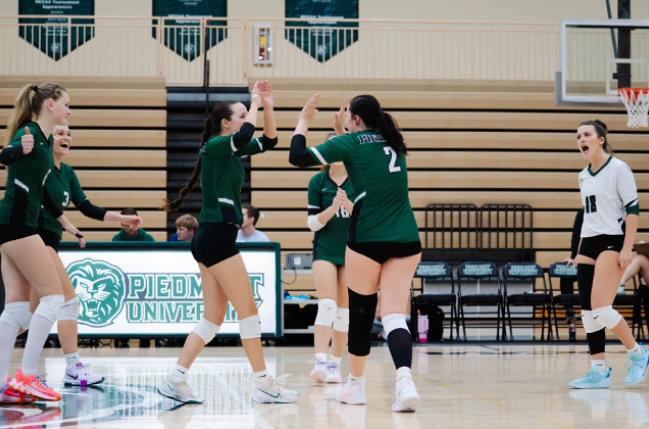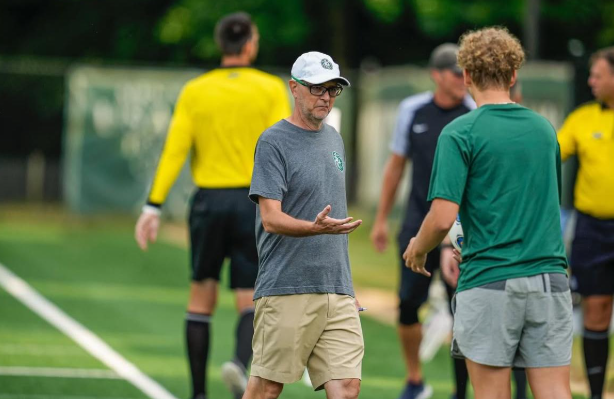On Sept. 11 2001, a series of terrorist attacks in New York City, Washington D.C. and Shanksville, Pennsylvania shocked the nation. More than two decades later, Americans who were alive for the tragedy can still recall where they were and what they were doing on 9/11.
Although the vast majority of Piedmont students had not been born to witness the American tragedy of 9/11, many of their professors can recount their memories from the day that changed American security forever.
Mass communications department chair Joe Dennis was working in a newsroom for the Walton Tribune in Monroe, Georgia, when he found out about the World Trade Center attacks.
“My initial thought was that it was an accident,” said Dennis. “I didn’t know that it was a commercial plane, so I just thought the pilot made a mistake.”
Many Americans initially did not think that a hijacking would even be possible. The thought that someone would even consider purposefully flying into the Twin Towers seemed absurd. A short 19 minutes later, Dennis and the vast majority of Americans realized that what they had thought was an accident could not have been. A second plane had crashed into the South Tower.
“It was really the only time in my life that I was scared as an American,” said Dennis. “We didn’t know and the government didn’t know if we were under attack.”
As the hours passed with no answers from Washington D.C., businesses halted work, schools went on lockdown and people called their loved ones. Nobody knew if another attack would ensue or where it may be if it did.
At 8:30 p.m. EST, President George Bush delivered a statement of address to the nation:
“This is a day when all Americans from every walk of life unite in our resolve for justice and peace. America has stood down enemies before, and we will do so this time. None of us will ever forget this day. Yet, we go forward to defend freedom and all that is good and just in our world.”
Americans banded together like never before.
“The best thing that occurred after 9/11 was the unity in the country, especially in politics,” said Dennis.
Democratic or Republican, political parties no longer mattered for about two years after the tragedy. A person was an American first, and the nation was united under the waving flag that guided them in war and in peace.
“Never Forget” is a common phrase associated with 9/11, and as generations age and the tragedy drifts farther into the past, it is a phrase that reminds Americans of not only the suffering the nation endured, but also the unity and strength that followed.
Many citizens who were too young to remember the attacks, making it hard for them to relate to the emotions surrounding 9/11. This can lead to younger generations creating theories behind the attacks for entertainment rather than respecting the lives lost due to the national catastrophe.
“What angers me more than anything is when I see conspiracy theories about it, as if it didn’t happen, or it was planned by the government,” said Dennis. “If you lived through that, you know that everyone knew someone who was impacted by 9/11.”
People all over the country know others who lost loved ones due to the 9/11 attacks. American citizens recall the shock that washed over them while staring at the television, listening to the radio or hearing from a coworker when the Twin Towers were struck.
The effect of the tragedy will live on in U.S. history, but also in the hearts and minds of Americans who witnessed the terrorist attacks. Americans will Never Forget.


